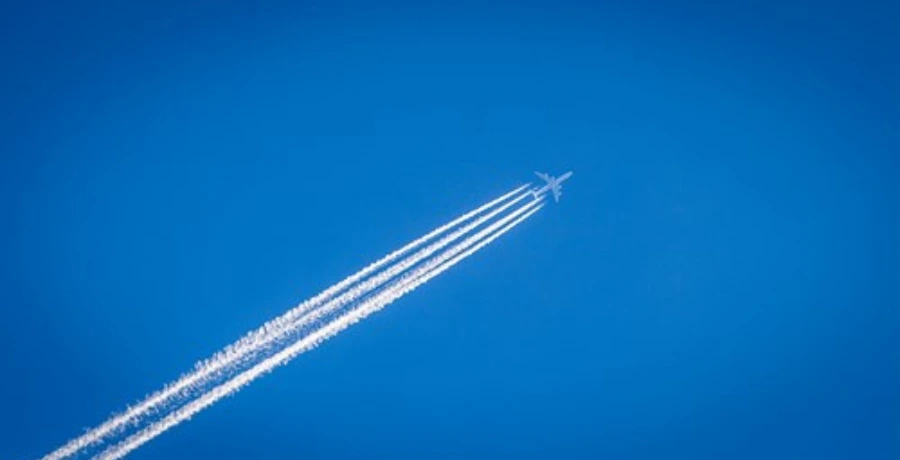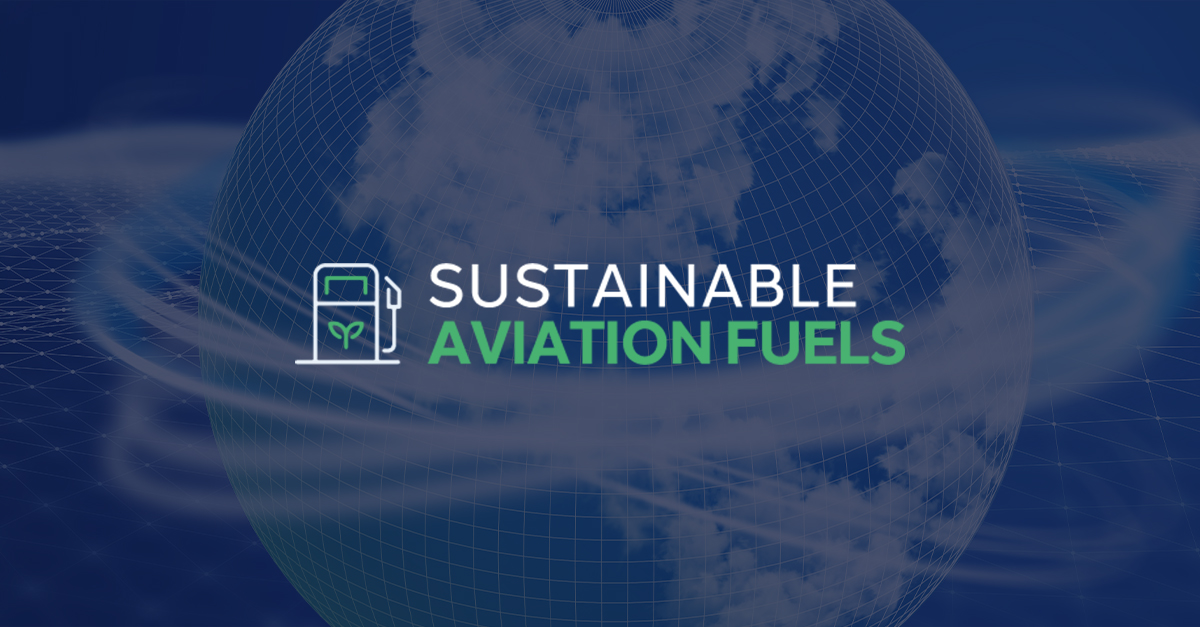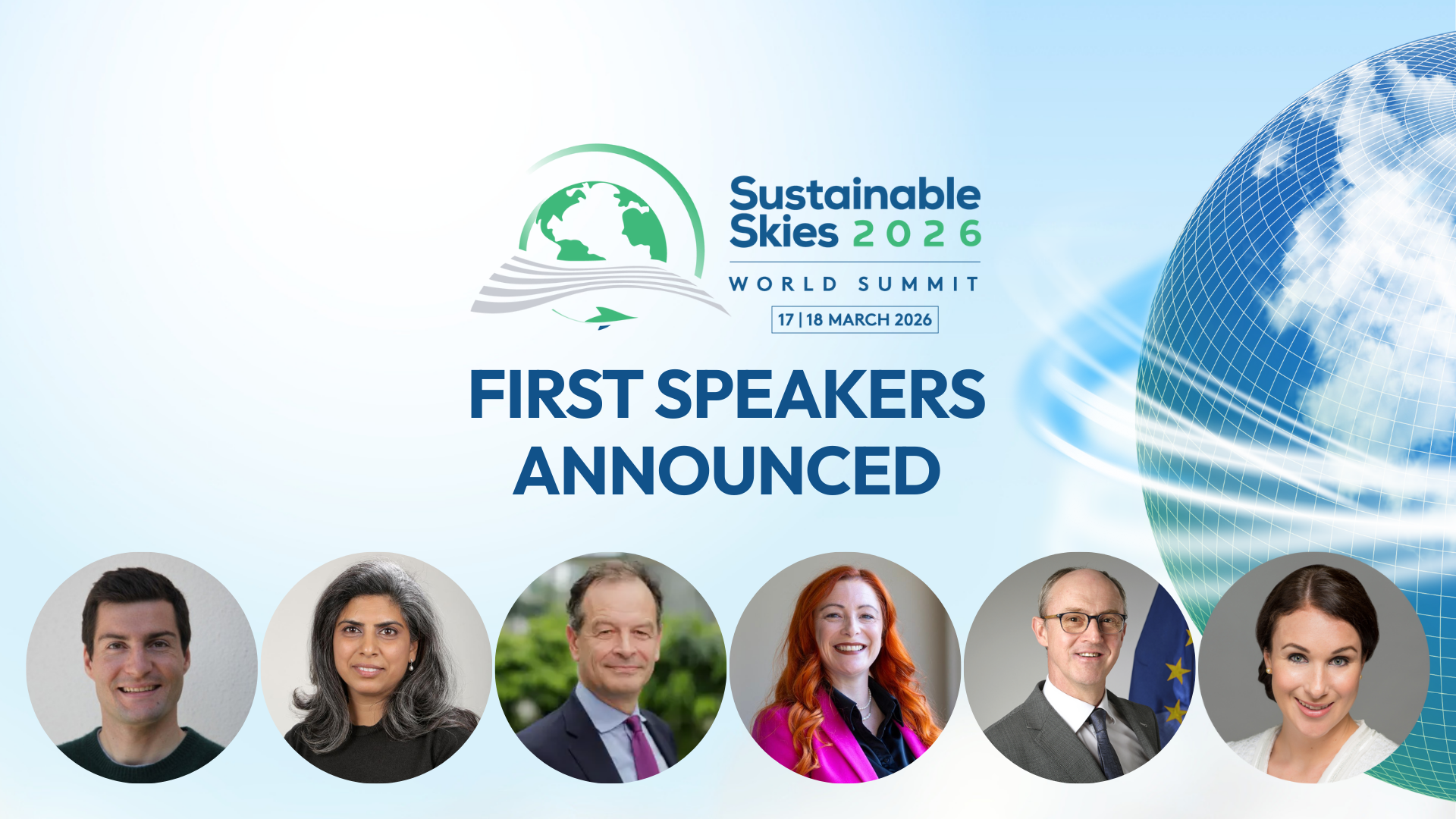(last updated 07/08/2025)
In pursuit of Net Zero, the aerospace industry is on a mission to seek alternative solutions to help us reach the industry decarbonisation targets by 2050. With emerging avenues being explored, Sustainable Aviation Fuel is considered one of the most promising pathways to reduce carbon emissions.
1. What is SAF?
Sustainable Aviation Fuel is an alternative to fossil fuels, typically made from plant and animal materials. Compared to traditional jet fuel, sustainable fuels can reduce carbon emissions by up to 80%, depending on the source of material, method of production and the overall supply chain.
Other fuels being researched and tested include Lower Carbon Aviation Fuels (LCAF) and Zero Emission Fuels (ZEF)
Lower Carbon Aviation Fuels (LCAF)
- LCAFs are bio-jet fuels that could act as a complementary measure other sustainable fuels.
- The overall CO2 emissions savings vary. Currently, these fuels must be blended with kerosene for certification reasons but also because there is not enough production to meet fuel demand.
- Recommendations to accelerate this sector call on policy makers to support initiatives delivering at least a 50% reduction in CO2 emissions and have a significant supply of feedstock in order to create LCAF at a big enough scale.
Zero Emission Fuels (ZEF)
- ZEFs are also known as carbon-neutral fuels, meaning they produce no net-greenhouse gas emissions or carbon footprint.
- They are typically made using carbon dioxide (CO2) as a feedstock, which involves capturing and converting CO2 into a viable aviation fuel such as liquid methanol.

2. Is SAF the same as biofuel?
SAF is generally the preferred term in aviation as it encompasses the scope of materials used to produce it, including both biological and non-biological resources. Biofuels are not necessarily always produced sustainably, and therefore the term is avoided when discussing aviation-specific fuels. Biodiesel in particular is not suitable for use in aviation.
3. Who makes Sustainable Aviation Fuel?
Currently, some of the top producers include Neste, World Energy, Gevo, Alder Fuels and SkyNRG. In December 2022, the UK government announced funding for 5 UK-based projects, some focusing on converting household waste into sustainable fuel.
The UK government announced the forthcoming implementation of the SAF Mandate, which took effect on January 1, 2025. Under this mandate, aviation fuel suppliers will be obligated to incorporate progressively larger proportions of sustainable fuels into the UK’s jet fuel supply, beginning with 2% in 2025, increasing to 10% by 2030, and ultimately reaching 22% by 2040.
To support the mandate, the Government has also introduced a bill to enable ‘revenue certainty’ to support greater production in the UK and help airlines meet the mandate targets.
4. How does Sustainable Aviation Fuel reduce emissions?
Compared to conventional fuels, burning SAF fuel reduces the amount of CO2 emissions across its lifecycle as well as other impurities such as sulphur dioxide.
‘One of things that really confuses people is that when we consume SAF in the engines we still produce a form of CO2, but it’s obviously made from biogenic sources or from captured CO2’ … ‘So in terms of increasing net CO2 in the atmosphere, SAF doesn’t do that. It’s the timeline over which we are recycling that carbon which is important’
Leigh Hudson, Environmental Manager – Carbon Management, British Airways (SSWS22 Webinar)

5. Is Sustainable Aviation Fuel actually sustainable?
SAF provides a significant reduction of CO2 emissions, but it is a drop-in solution meaning most current aircraft can only use a 50% blend with normal jet fuel. 100% SAF flights have been tested but they require technological modifications to the aircraft first.
6. Who uses Sustainable Aviation Fuel?
As of April 2025, over 50 airlines worldwide have integrated Sustainable Aviation Fuel into their operations to help reduce carbon emissions and achieve sustainability goals. More than 450,000 flights have used blended fuels, with a significant concentration in the U.S. and Europe.
Virgin Atlantic operated the first commercial flight using 100% SAF from London Heathrow to New York JFK in November 2023. Read more.
Since this milestone however, the amount of SAF used by airlines remains a very small percentage. Currently, Air France and United Airlines are amongst some of the companies leading the way in terms of purchase and usage.
7. Is Sustainable Aviation Fuel more expensive?
Generally, SAF is far more expensive that traditional jet fuels. As of 2025, the cost of first and second generation fuels made from waste feedstocks and cooking oils typically cost buyers 2.5x that of standard fuel. The newer third generation fuels or synthetic fuels which are still in early development, can carry a price tag 10x that of normal jet fuel.
This is the main reason why many airlines and carriers have been reluctant to adopt it and oppose the mandates and sustainable targets put in place. The cost of production partnered with the low demand is what is keeping the overall cost so high, with many citing the need for government incentives and investment as the solution. Airlines are also mindful of rising costs to passengers, and the impact it would have on airfares should sustainable fuels remain so expensive.
‘SAFs are wonderful, they’re great, if you can get it. We wholeheartedly support any effort from government incentives and through the market to ramp up as fast as possible the production of these game changing sustainable aviation fuels.’
Sean Bradshaw, Technical Fellow – Sustainable Propulsion, Pratt & Whitney (SSWS22 Webinar)
“SAF is a key priority, as outlined by the Jet Zero Strategy. The Mandate should be implemented by 1 January 2025 once passed as legislation.”
Claire Swadkin, Deputy Director Low Carbon Fuels, UK Department for Transport (SSWS24)
Latest News
- Global production reached 1 million tonnes (1.3 billion litres) in 2024, doubling the output from 2023 but falling short of the projected 1.5 million tonnes. (IATA)
- United Airlines has increased its delivery locations, now incorporating blends into flights operating from London Heathrow (LHR) and San Francisco (SFO) airports. (United Airlines)
- EasyJet signed a six-year agreement with Moeve for SAF supply on its Spanish routes from 2025 to 2030. Additionally, it secured access to up to 150,000 tonnes, including 75,000 tonnes of e-SAF, from 2030 onwards (EasyJet)
- In 2024, Air France utilised 43,953 tonnes of sustainable aviation fuel, reducing CO₂ emissions by over 150,000 tonnes. To support its long-term decarbonisation goals, the group has signed a 10-year agreement with TotalEnergies to secure the supply of up to 1.5 million tonnes.
With developments constantly changing in regards to production, supply and usage, SAF remain one of the key themes at Sustainable Skies World Summit. This event is a crucial meeting of industry leaders to connect and collaborate on continuing this progress.


